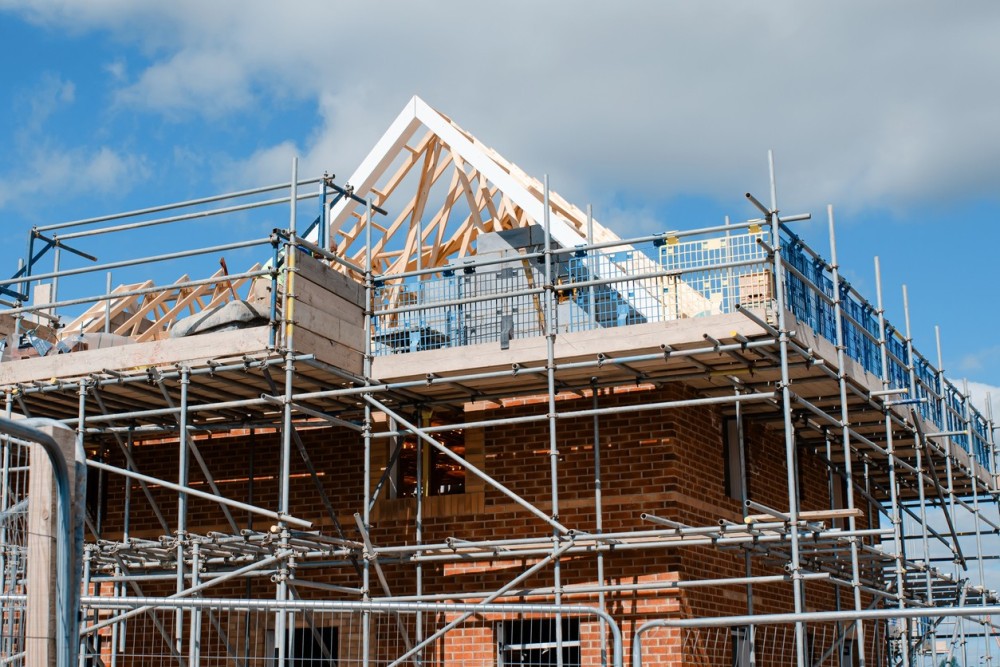Posted 4th February 2025
Posted 1 year ago
By Unknown
The Price of Land With Planning Permission
The price of plots will differ throughout the UK. In all cases the value of land with planning permission is directly related to the value of the home that can be built upon it.









